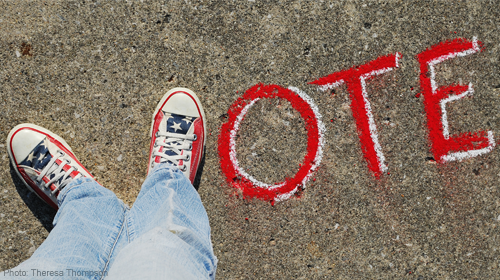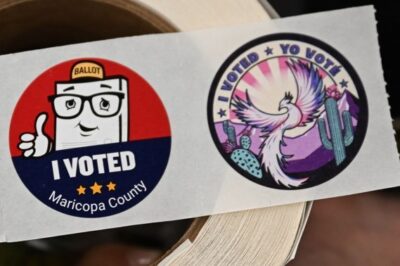
Today, The Hill's Congress Blog posted a commentary on the importance of Congress improving and passing the Voting Rights Amendment Act of 2014. Below is an excerpt from the piece, and the full commentary is available here.
"When the Supreme Court overturned part of the Voting Rights Act, it took with it the ability to use many of the tools that stopped racially discriminatory voting practices from taking effect. This bill seeks to repair the damage done by the Court and restore the heartbeat of the Voting Rights Act (VRA), an important bipartisan move by Congress and the first step in the process to ensure the right to vote is protected.
A primary goal of this legislation is to go beyond a static, geographically based formula that governed application of preclearance requirements under VRA prior to the court's decision. Instead, the legislation smartly includes a rolling preclearance mechanism that is flexible, forward-looking and focuses on recent discrimination. At the outset, some jurisdictions with the worst records of discrimination will be subjected to a new preclearance formula, but the legislation also provides new tools to ensure an effective response to race discrimination whenever and wherever it occurs. These include an expanded judicial bail-in provision for a voting violation found to have a discriminatory result as well as intent; new public notice and disclosure requirements for jurisdictions of proposed voting changes, particularly those that could have a meaningful impact on minority voters; enhanced preliminary relief when challenging certain types of voting changes that are likely to be discriminatory; and the additional ability of the Department of Justice to deploy federal observers in places where there is evidence of possible race and language minority discrimination that would interfere with the right to vote.
These are all great strides forward, but there is still significant room for improvement in the coming weeks and months. For example, the bill contains provisions that treat violations arising from voter ID laws less seriously than other voting rights violations. This makes little sense in our view and carries a connotation that discriminatory voter ID laws are less problematic than other discriminatory voting changes. A discriminatory change is a discriminatory change, and we urge amending the bill so that it more consistently reflects this shared value."
Learn more about voting rights and other civil liberty issues: Sign up for breaking news alerts, follow us on Twitter, and like us on Facebook.



